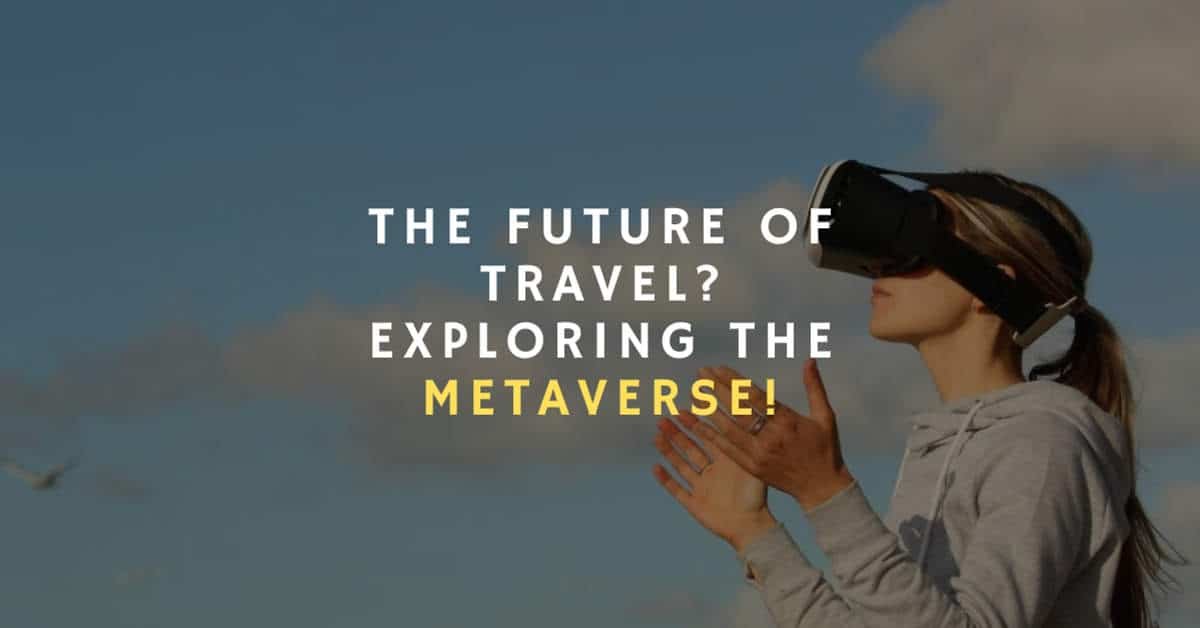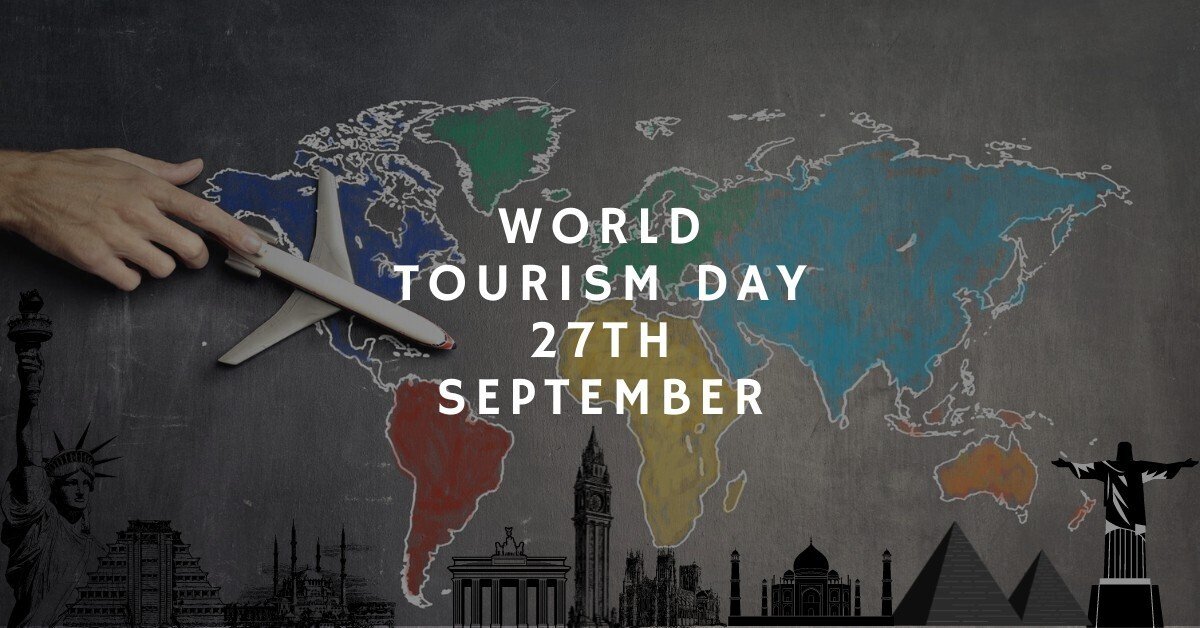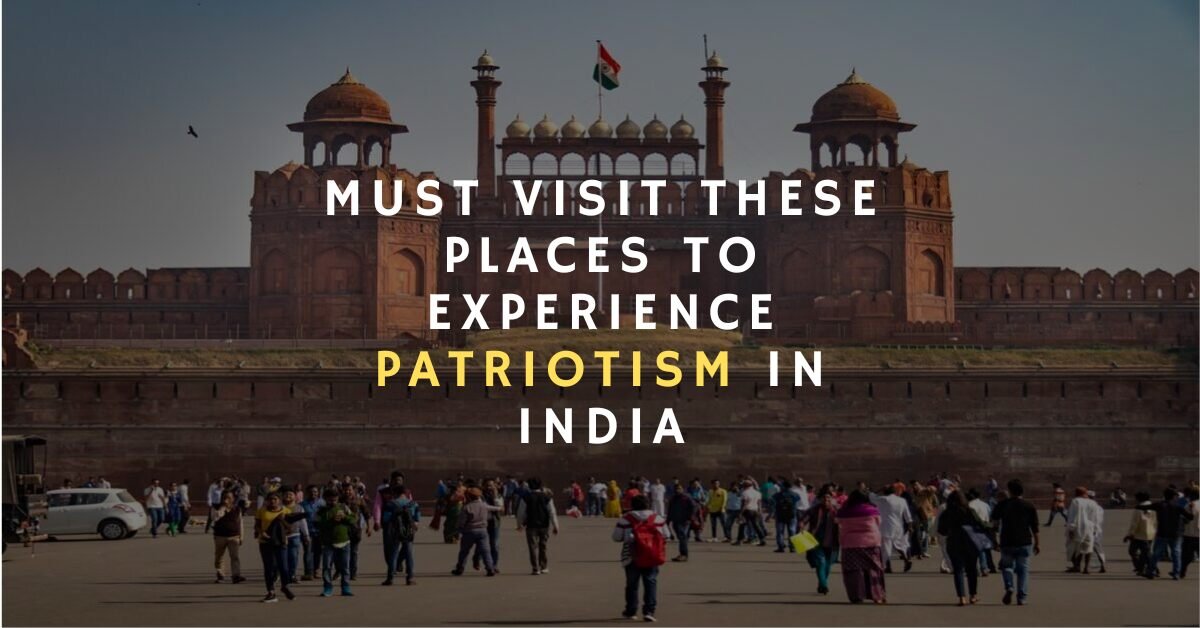Travel has always been a means of escape, adventure, and learning about the world around us. From backpacking through Europe to island hopping in the Caribbean, travel has been a beloved tradition for centuries. However, with recent advancements in technology, the future of travel is rapidly changing. With the rise of the metaverse and new forms of transportation, the way we explore the world is on the verge of a major transformation. In this article, we will explore the future of travel and how the metaverse is shaping our world.
The Current State of Travel
Contents
The travel industry has come a long way since the days of horse-drawn carriages and steamboats. Today, travel has become more accessible than ever, with affordable flights and a vast array of accommodation options. However, travel has also become more crowded and congested, leading to issues such as over-tourism and environmental impact. This has led to a shift in how we think about travel, and the importance of sustainable tourism.
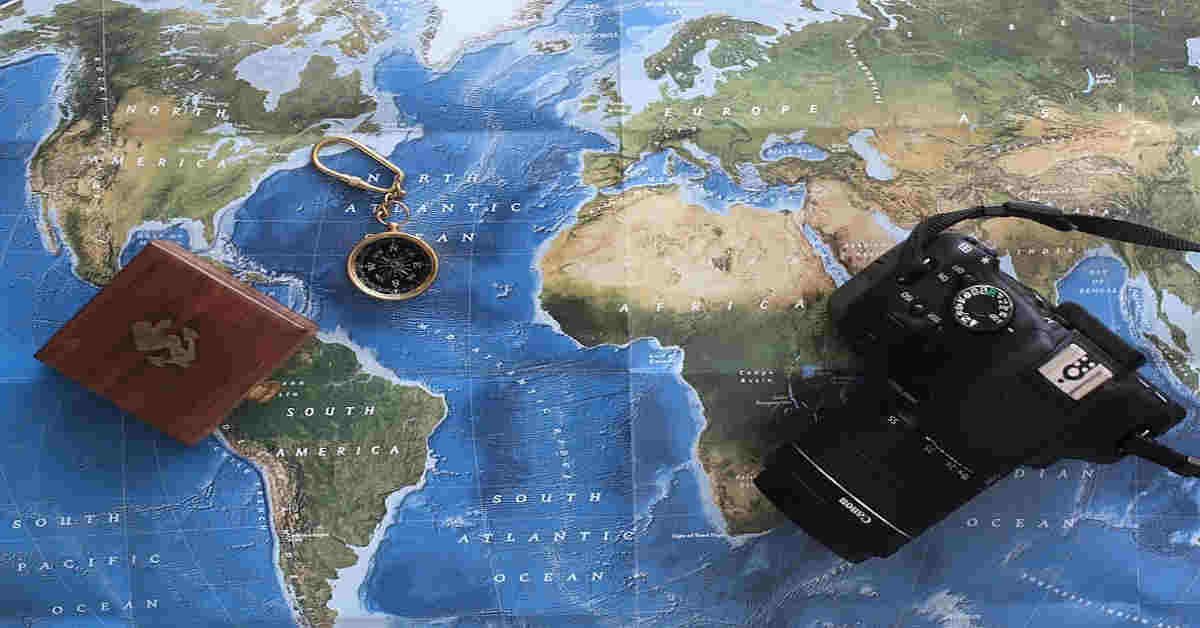
How Technology Has Changed Travel
Technology has been a driving force in the evolution of the travel industry. With the rise of the internet and mobile devices, travel has become more accessible and easier to plan. We can now book our flights, hotels, and activities with a few clicks of a button. The introduction of GPS and location-based services has also made it easier to navigate new destinations and find hidden gems.
What is the Metaverse?
The metaverse is a term used to describe a collective virtual shared space, created by the convergence of physical and virtual environments. It is a place where individuals can immerse themselves in a fully digital experience and interact with the world around them in new ways. The metaverse is not limited to a single platform or technology, but rather a collection of connected experiences that allow for seamless movement across different virtual environments.
The Metaverse: A New Frontier
Defining the Metaverse The metaverse is still in its infancy, but it has been gaining momentum in recent years. The most common examples of the metaverse are in video games and virtual reality experiences, but its potential goes far beyond entertainment. The metaverse has the potential to revolutionize various industries including travel, healthcare, education, and more.

How the Metaverse Will Transform Travel
The metaverse has the potential to change how we travel in many ways. It offers us the opportunity to explore new destinations, experience different cultures, and interact with other travelers in a fully immersive way. Virtual travel has the potential to reduce the environmental impact of physical travel, reduce travel costs, and provide access to destinations that may have been previously inaccessible.
Advantages of Virtual Travel
Virtual travel offers many advantages over physical travel. It allows us to explore new destinations without leaving the comfort of our homes, reducing the environmental impact of travel. It also offers the opportunity to experience destinations in unique ways, such as historical recreations or visiting remote or inaccessible regions. Additionally, it has the potential to be more affordable than physical travel, opening up opportunities for those who may not have been able to travel before.
Challenges of Virtual Travel
While virtual travel has many advantages, it also has its challenges. One of the most significant challenges is the lack of physical interaction with destinations and cultures. It can be difficult to truly understand a destination or culture without experiencing it firsthand. Additionally, virtual travel requires a reliable and fast internet connection, which may not be accessible to everyone.
From Virtual to Reality
The Intersection of the Metaverse and Physical Travel The intersection of the metaverse and physical travel offers exciting new possibilities. It allows for hybrid travel experiences that combine the best of both worlds, providing unique and immersive travel opportunities. It also provides the opportunity for metaverse-enabled travel infrastructure, such as virtual airport terminals or virtual hotel rooms.

Hybrid Travel Experiences
Hybrid travel experiences offer the opportunity to experience destinations in new and exciting ways. For example, a traveler could visit a destination in the metaverse before physically traveling there, providing a unique and immersive introduction to the destination. Additionally, physical travel could be enhanced with the use of virtual experiences, such as augmented reality tours or virtual museum exhibits.
Metaverse-Enabled Travel Infrastructure
The metaverse has the potential to revolutionize travel infrastructure. Virtual airport terminals or virtual hotel rooms could provide a more streamlined and efficient travel experience. These virtual spaces could also offer more personalized experiences, such as customized check-ins or interactive virtual concierge services.
Opportunities for the Travel Industry
The travel industry stands to benefit greatly from the metaverse. It offers opportunities to expand their offerings and provide new and unique experiences to travelers. Additionally, the development of metaverse-enabled travel infrastructure could provide cost savings and efficiencies for travel providers.
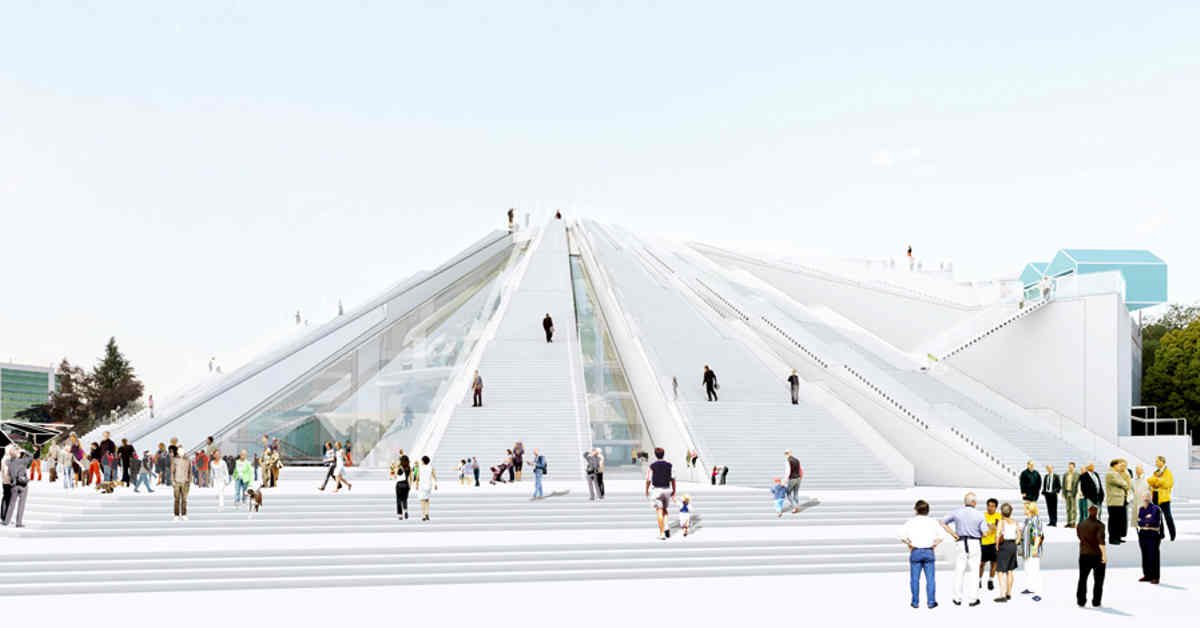
New Forms of the industry
The metaverse is not the only area of travel that is undergoing major change. New technologies are also shaping the way we move around the world.
1.Hyperloop and its Potential Impacts Hyperloop is a new form of transportation that utilizes high-speed pods traveling through pneumatic tubes. It has the potential to revolutionize travel, reducing travel times and costs while increasing efficiency and sustainability.
2.Autonomous Flying Vehicles Autonomous flying vehicles, such as drones and air taxis, show promise for reducing traffic congestion and providing more efficient travel options. However, their widespread adoption will rely on the development of reliable and safe automation technology.
3.The Role of Artificial Intelligence Artificial intelligence is already playing a role in travel, with chatbots and AI-powered travel agents providing more personalized and efficient travel planning services. As AI technology continues to advance, it has the potential to further transform the travel industry.
4.Advancements in Space Travel Space tourism is on the horizon, with several companies already offering up the opportunity to experience the final frontier. While it will likely be many years before space travel becomes a mainstream form of transportation, it offers exciting possibilities for the future of travel.
5.The Future of Accommodation Accommodation is also undergoing a major evolution, with the rise of smart hotels and sustainable accommodations.
6.Smart Hotels and Its Features Smart hotels utilize technology to provide more personalized experiences for guests. This can include everything from customized room settings to virtual assistants providing recommendations for local activities.
7.Virtual Reality Hotels Virtual reality hotels go beyond traditional hotel offerings by providing fully immersive experiences. Guests can explore virtual worlds and interact with the environment around them in exciting new ways.
8.Sustainable Accommodations With a greater awareness of the environmental impact of travel, sustainable accommodations are becoming increasingly popular. These accommodations utilize eco-friendly materials and practices, reducing their carbon footprint and promoting responsible tourism.
9.Impact of the Sharing Economy The sharing economy has revolutionized the way we think about accommodations, with platforms such as Airbnb providing unique and affordable options for travelers. However, it has also raised concerns around the impact on local communities.
10.The Rise of Travel Technologies Travel technologies are advancing rapidly, with AI-powered travel agents, augmented and virtual reality, wearables in travel, and location-based services leading the charge.
11.AI-Powered Travel Agents AI-powered travel agents provide personalized recommendations and travel planning services, making it easier for travelers to find the perfect destination and itinerary.
12.Augmented and Virtual Reality Travel Augmented and virtual reality can be used to enhance travel experiences, providing interactive and immersive tours and bringing destinations to life in new ways.
13.Wearables in Travel Wearable technology, such as smartwatches and fitness trackers, is being utilized in travel to enhance the customer experience. They can be used for everything from tracking luggage to providing real-time activity recommendations.
14.Location-Based Services Location-based services utilize GPS technology to provide personalized recommendations and information about nearby attractions and points of interest.
15.Digital Security in Travel As technology advances, so do the risks associated with it. Digital security in travel is becoming increasingly important, with concerns around cybersecurity threats, securing personal data, and implementing new security standards.
16.Cybersecurity Threats Cybersecurity threats pose a risk to all aspects of travel, from booking flights to accessing personal data. As travel becomes increasingly digital, cybersecurity measures must be taken seriously to ensure the safety of travelers.
17.Securing Personal Data Travelers are required to provide sensitive personal information when booking travel, from passport numbers to credit card information. Ensuring the secure transmission and storage of this data is crucial to protecting travelers from identity theft and other security risks.
18.Biometrics in Travel Biometric technology, such as facial recognition and fingerprint scanning, is becoming increasingly common in travel. It offers a more streamlined and efficient travel experience, but also raises concerns around privacy and data protection.
19.Adopting New Security Standards The travel industry must adopt new security standards to keep up with the changing landscape of digital security. This includes implementing secure methods for transmitting and storing data, and providing education and training around cybersecurity best practices.
20.The Changing Face of Tourism Tourism is evolving, with new emerging markets, a greater focus on sustainable tourism, and the impact of social media and community-based tourism.
21.New Emerging Markets Emerging markets offer unique travel experiences and opportunities for travelers to engage with new cultures. However, they also require a greater awareness of cultural differences and responsibilities as a traveler.
22.Sustainable Tourism Sustainable tourism promotes responsible travel practices, focusing on environmental and cultural conservation. It has become increasingly important as the travel industry grapples with over-tourism and its associated impact.
23.Social Media and Travel Social media has changed the way we consume travel, with platforms such as Instagram providing tantalizing glimpses into destinations around the world. However, it has also raised concerns around the impact of influencer culture and the over-tourism it can generate.
24.Community-Based Tourism Community-based tourism provides opportunities for travelers to engage with local communities and learn about different cultures. It can promote economic development and help to preserve local customs and traditions.
25.The Future of Work and Remote Traveling The rise of remote work has opened up new possibilities for travel, with digital nomadism and co-living and working spaces on the rise.
26.Remote Work and Travel Options Remote work allows individuals to work from anywhere in the world, providing greater flexibility and freedom in when and how they travel.
27.Digital Nomadism Digital nomadism is a lifestyle that allows individuals to work remotely while traveling and exploring the world. It offers a unique way of experiencing new destinations and having the freedom to work on your own terms.
28.Co-living and Working Spaces Co-living and working spaces provide a community-focused way of living and working while traveling. They offer the opportunity to meet like-minded individuals and engage in cultural exchange.
29.Remote Work in the Metaverse With the rise of the metaverse, there may also be new opportunities for remote work that utilizes virtual environments. This could include the possibility of working from a virtual office or collaborating with colleagues through virtual reality.
30.Challenges and Limitations As with any major shift, there are challenges and limitations that come with the future of travel. Some of the most significant include infrastructure and accessibility challenges, privacy concerns, sustainability in the metaverse, and price and affordability.
The future of travel is exciting, with the rise of the metaverse and new forms of transportation opening up new possibilities for exploration and adventure. While there are certainly challenges and limitations to overcome, the potential for innovative and immersive experiences is boundless. The travel industry must be prepared to adapt to this rapidly changing landscape to provide safe, sustainable, and personalized experiences for travelers.
I hope you enjoyed this handy information. You can post a comment and share this with your friends and colleagues on multiple social network sites. Thank you very much.
Visit our other pages, and blogs for different travel-related information and subscribe to our newsletter for daily updates.
